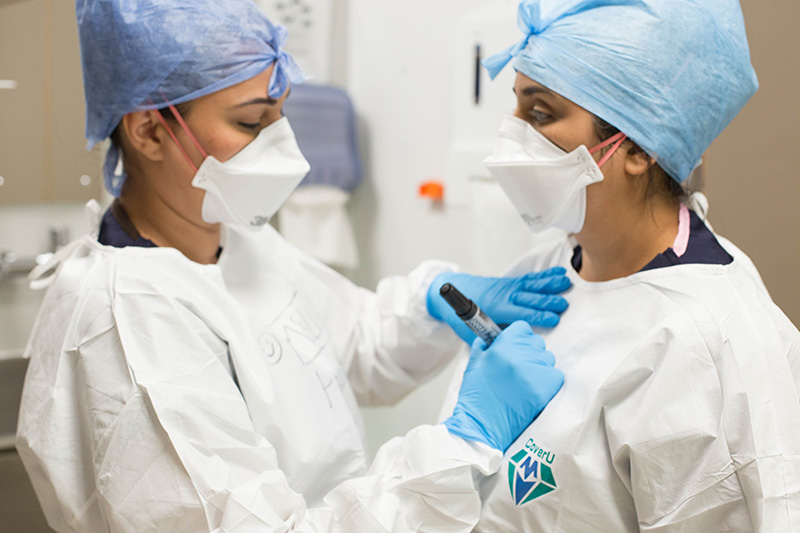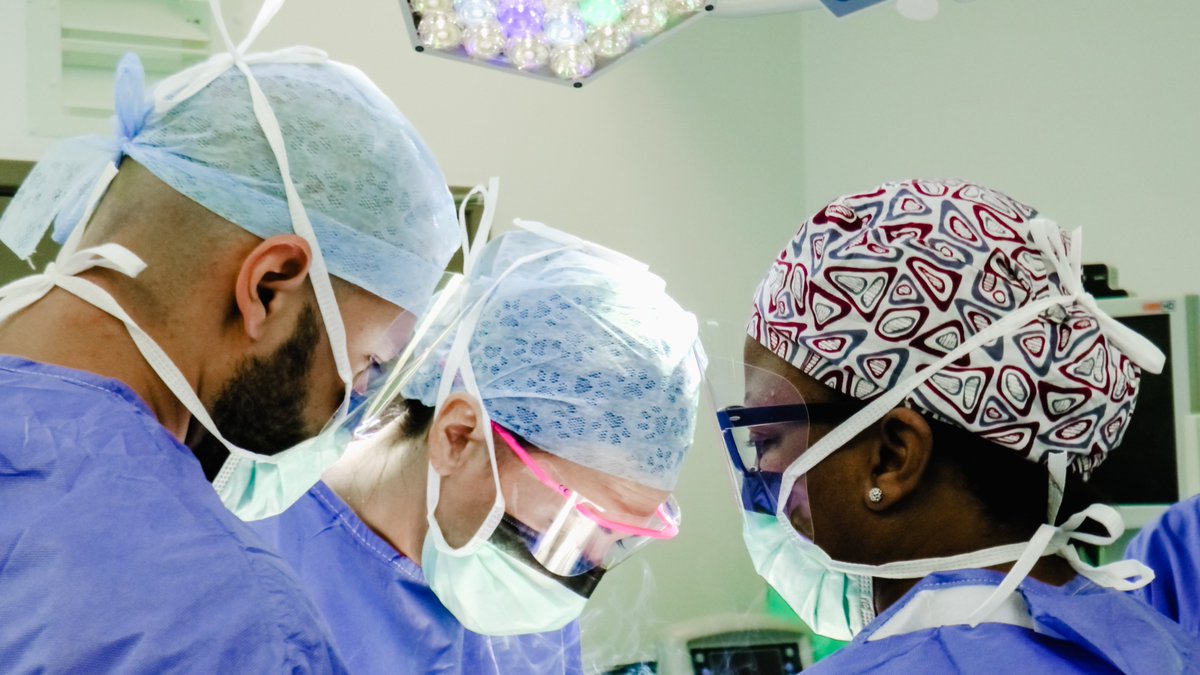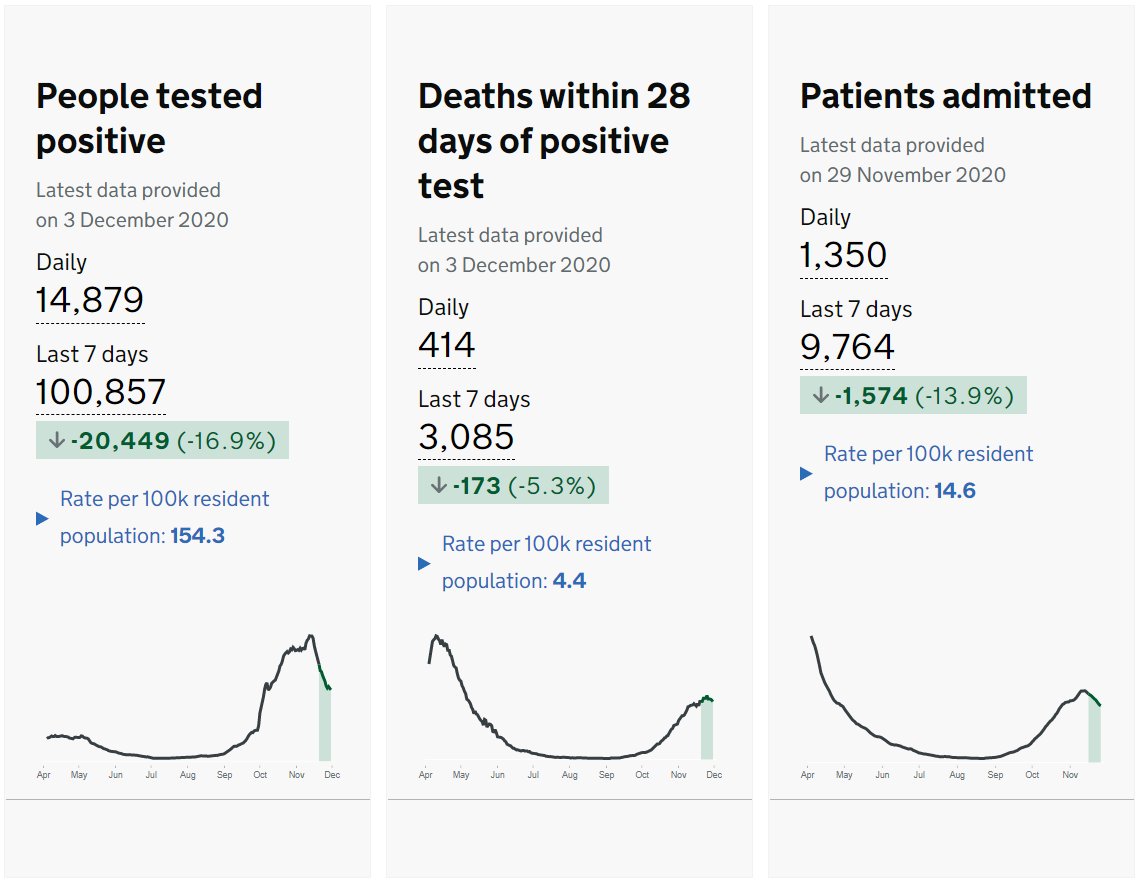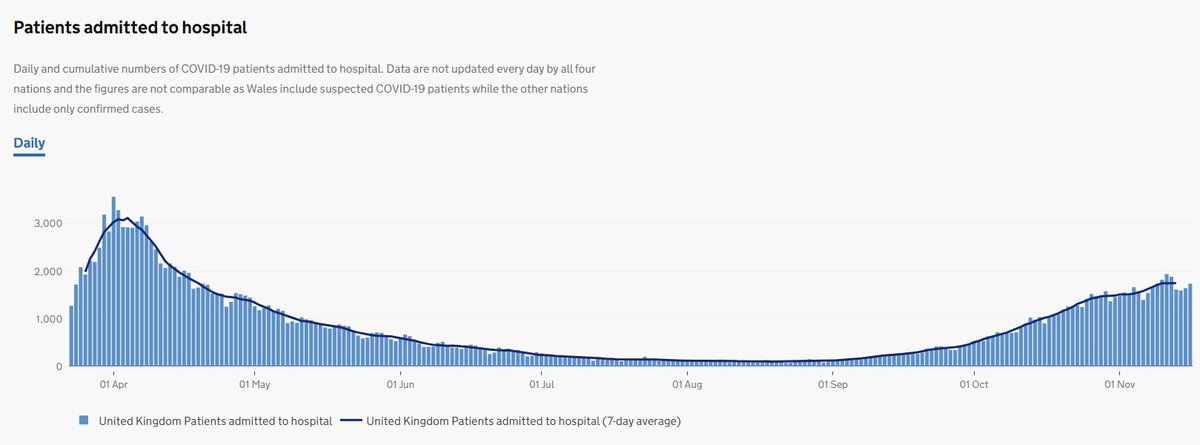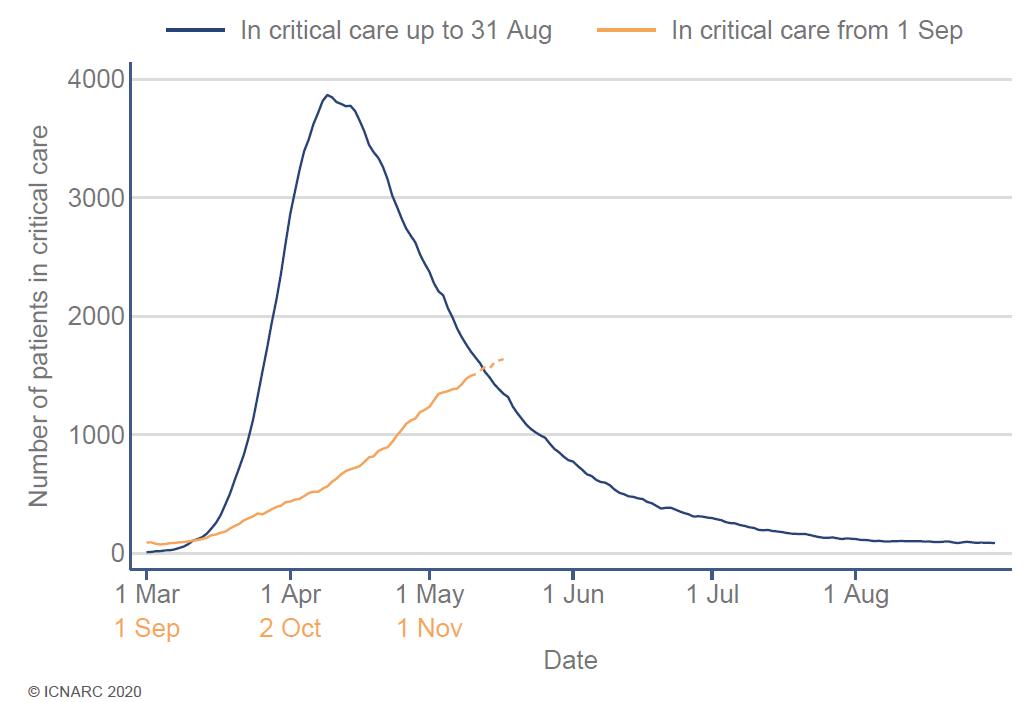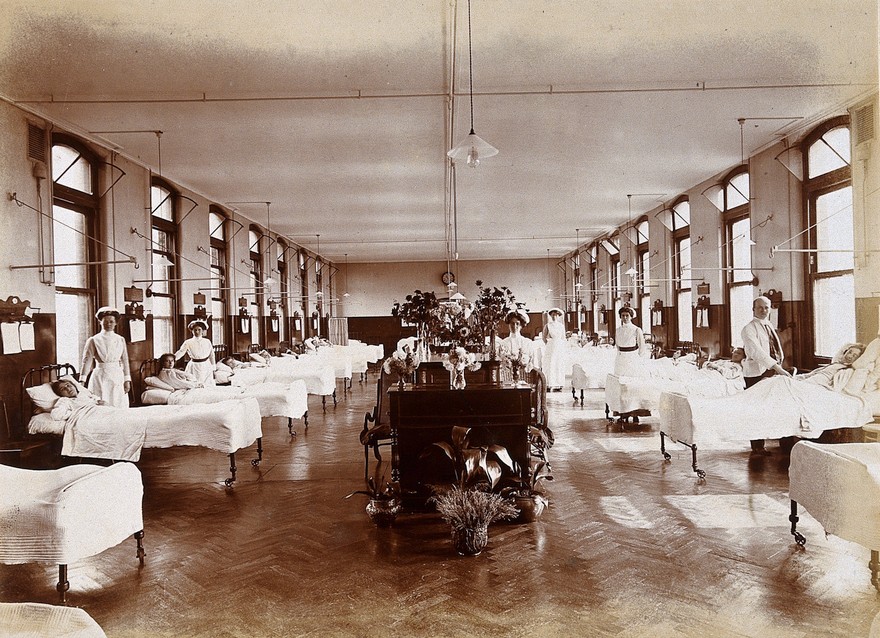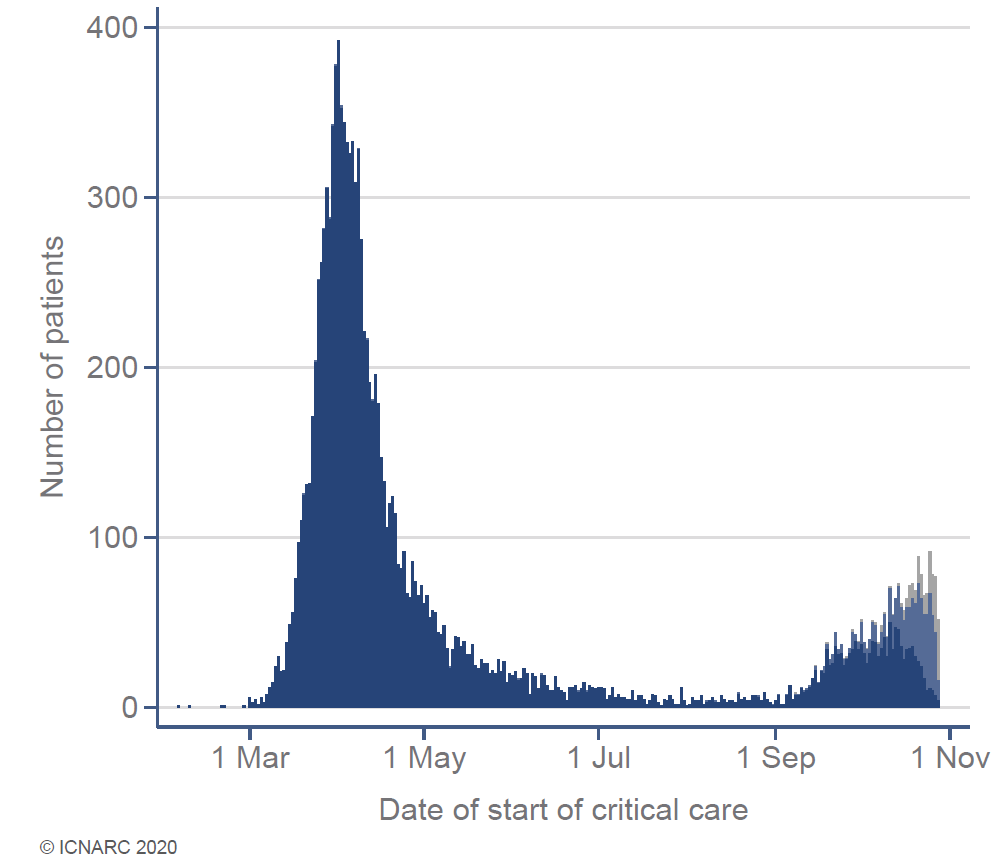
I’m not a vaccine expert so it’s reasonable to ask why I am confident that I want to be vaccinated for COVID-19. I will have the jab for myself, my family, friends, my work colleagues and even for people I don't know. A few reflections... #DocsForVax 1/9 

First of all, I have seen first-hand too many times what COVID can do to people. It’s a truly horrible disease. It damages the lungs, the kidneys, the heart. It causes blood clots. It kills people and those who survive can take a long time to recover. #DocsForVax 2/9 

As an ICU doctor, I know that every treatment I give can bring benefit or harm to my patient. I routinely balance these risks in my mind. Like all drugs, vaccines can have side-effects, but they will likely be rare compared to the harms of COVID-19. #DocsForVax 3/9
Also as an ICU doctor, I work in a multi-professional team with nurses, physios, psychologists, pharmacists, technologists, dieticians and many more in @teamaccu. I'm used to being surrounded by experts and used to trusting the advice they give me. #DocsForVax 4/9 

Meanwhile, as director of R&D for @NHSBartsHealth & @QMULBartsTheLon I have seen the robust way that vaccine trials are run. I know @MHRAgovuk & @HRA_Latest are as rigorous as any drug trial regulators in the world. If they are satisfied with the safety data then I am too. 5/9
But it’s OK to ask questions. Having spent my career explaining life-threating illness to patients and their families, I understand that detailed answers can be very reassuring. When you are offered a vaccine you will have a chance to ask questions before you make a decision. 6/9
You can also do your own research, but please be very careful of mis-information on social media. Always go to a trusted source for the facts. The NHS webpages are good: nhs.uk/conditions/cor…. The @bbchealth webpages have some helpful content too. 7/9
The hardest thing I did this year was to phone a patient’s wife from his bedside in hospital to tell her that he was going to die. I stood next to him as we spoke. She never saw him again. He is just one of 70,000 heart breaking stories from 2020 in the UK. #DocsForVax 8/9
Bottom line: I trust the system I work in. I love my family and want them to be safe. I realise vaccines can have rare side-effects but the harm of COVID is everywhere. The virus will not go away on its own. It will kill people for years to come unless we stop it. #DocsForVax 9/9 

• • •
Missing some Tweet in this thread? You can try to
force a refresh

